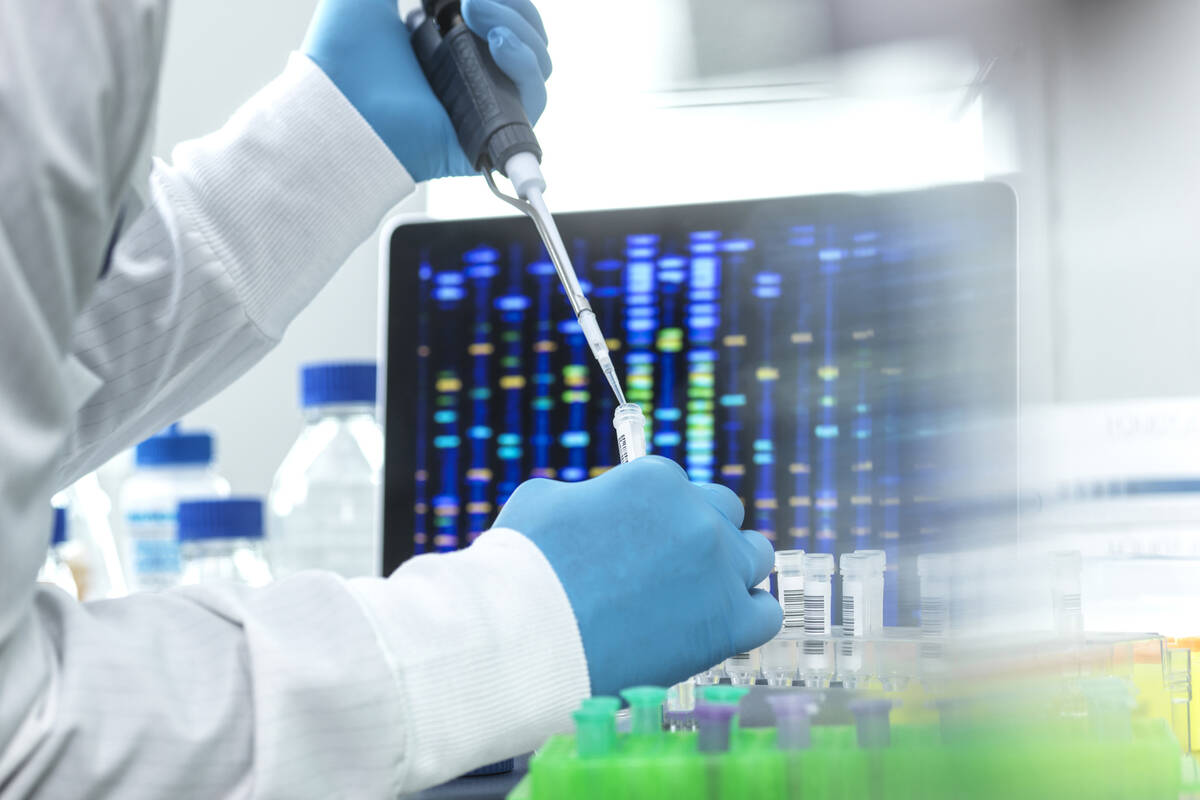Genetic testing can help guide cancer treatment
Question: I was diagnosed with ovarian cancer two months ago. My oncologist recommended that I undergo genetic testing as part of the treatment plan. Why is this recommended since I already have cancer? What is the benefit of testing? And what information will it provide?
Answer: Genetic counseling can be an important part of a cancer journey. A genetic test looks for specific harmful gene changes, called mutations or pathogenic variants, that can cause someone to develop a genetic condition. Gene changes are like spelling errors within the body’s instruction manual.
Most genetic tests look for changes in a group of genes called a panel. However, testing may look for changes in a single gene when there is a known genetic mutation in your family. The most common genes linked to cancer risk are BRCA1 and BRCA2. These genes are associated with breast and ovarian cancer. It is known that changes in other genes can increase risk for these cancers as well.
Genetic testing can help your care team make recommendations for treatments and surgical procedures. For example, some cancers associated with genetic mutations respond better to certain types of chemotherapy treatments than others. Similarly, genetic testing can help patients make surgical decisions. For instance, a patient with breast cancer can use the information to decide between a lumpectomy or a mastectomy. Genetic testing also can affect the management of cancer risk over time.
The results of genetic testing can help your family members. Potentially, your children, siblings, nieces and nephews could have inherited the same gene mutation. For example, if you had a change in the BRCA gene and the testing showed this, your family members have a higher risk for breast and ovarian cancer. Knowing this information can be valuable to help them establish early screening schedules and make healthy decisions throughout their lives.
It is important to know that most cancers are considered sporadic, meaning the cancer happens randomly or has environmental influences, such as smoking and lung cancer. About 25 percent of cancers are considered familial. This is when multiple members of a family are affected by cancer. These family members have some shared genetic factors in combination with shared environmental factors that lead to the development of these cancers.
About 10 percent of cancers are considered hereditary or have a single, specific genetic component that can be tested and increase a person’s risk for developing cancer. Genetic counseling and genetic testing can help determine which category your cancer falls into.
Many other health conditions have a genetic link. Genetic testing can help you and your health care team understand if you have an increased risk for developing other conditions that are present in your family.
Breanna Mitchell is a genetic counselor with the Mayo Clinic Health System in Eau Claire, Wis.













